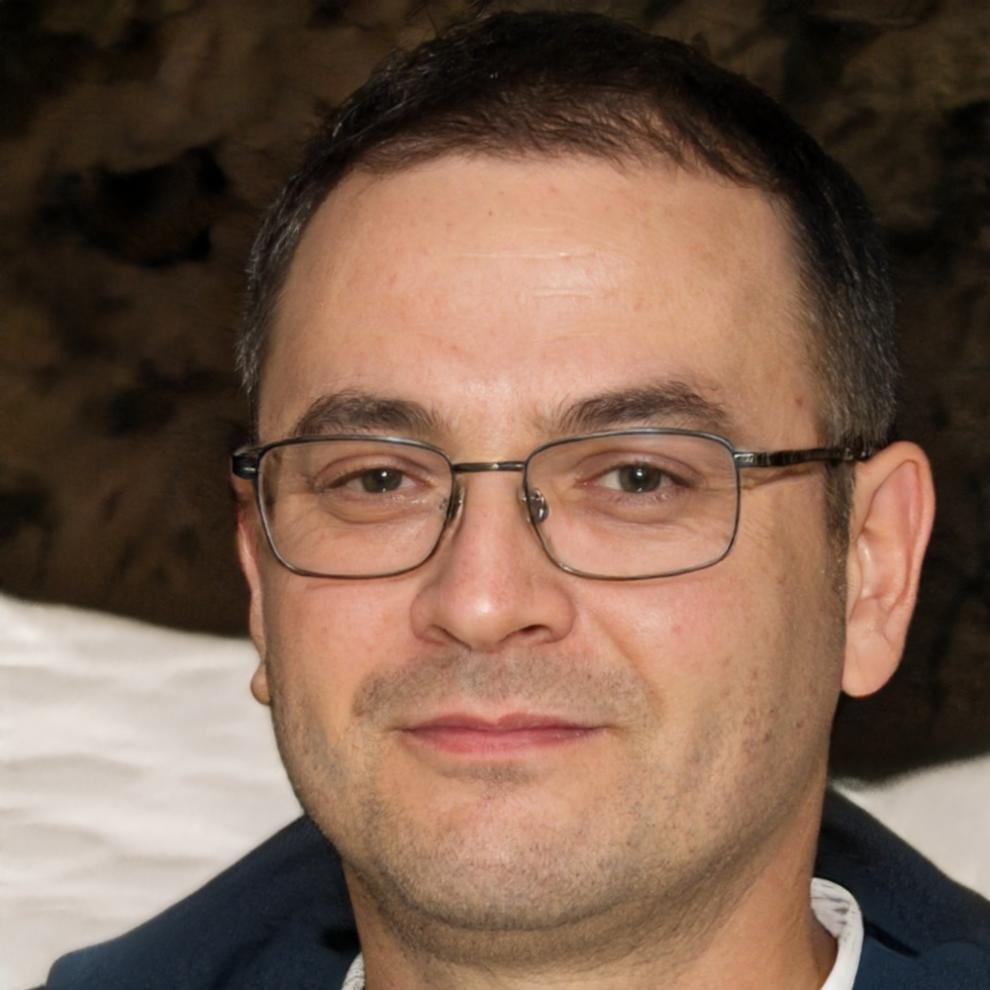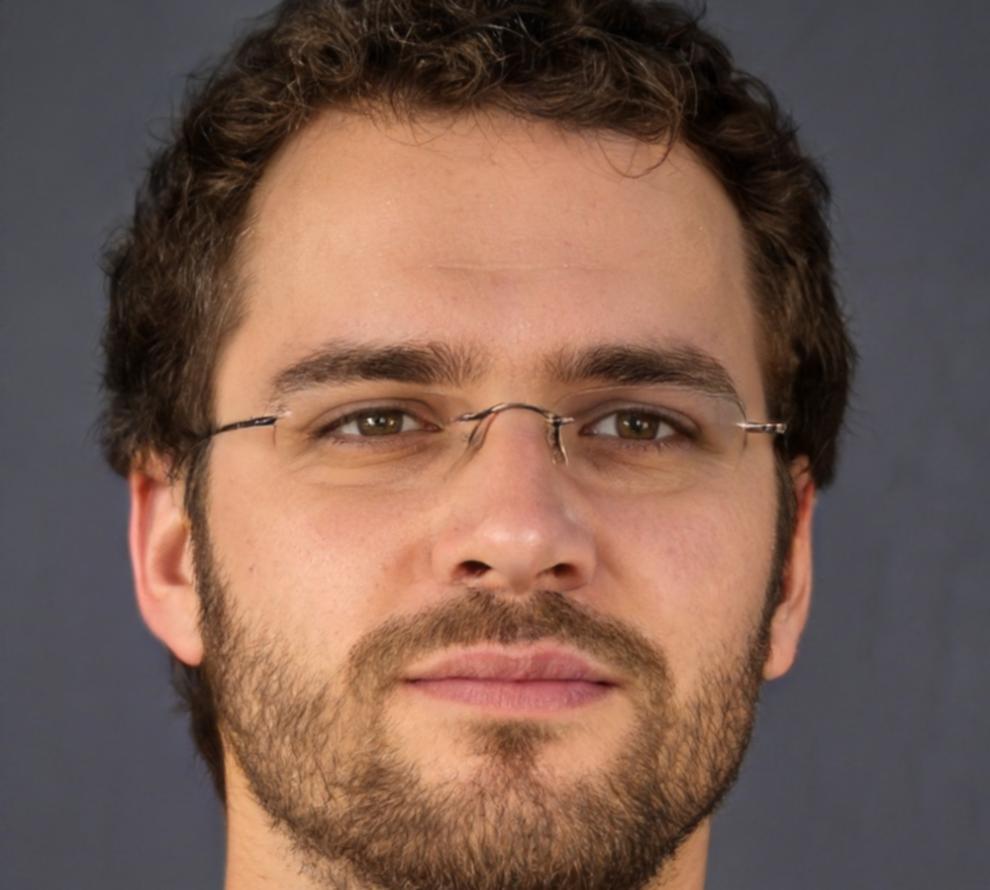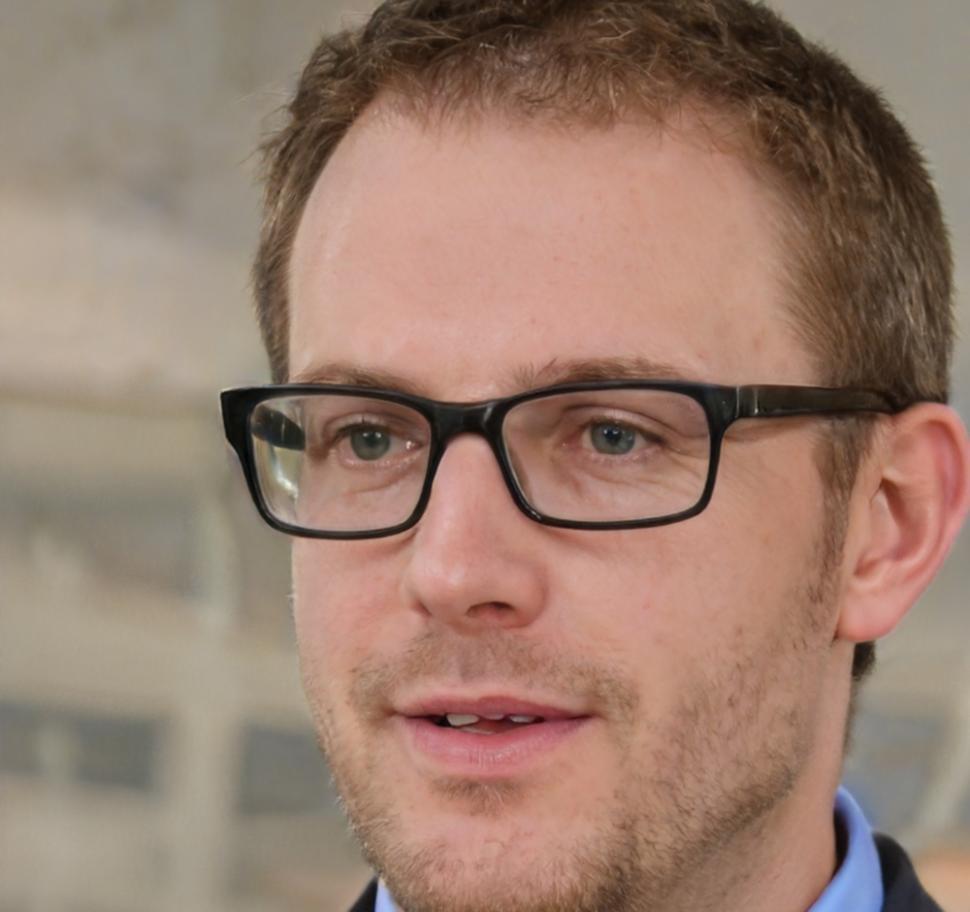Budget Analysis Mastery Program
Learn practical financial planning techniques that actually work for Australian households and small enterprises. Our autumn 2025 intake focuses on real-world scenarios you'll face in your career.
Request Program DetailsWhat You'll Actually Learn
We skip the theory fluff. These four modules cover what financial analysts do every day in Australian businesses.
Cash Flow Fundamentals
Most businesses don't fail from lack of profit. They run out of cash. You'll learn to spot warning signs three months ahead and build sustainable cash reserves using Queensland retail case studies.
Variance Analysis Methods
When actual spending doesn't match the plan, someone needs to explain why. We teach you how to investigate discrepancies, present findings to non-finance managers, and recommend realistic adjustments.
Forecasting Techniques
Building next year's budget requires more than copying last year's numbers. You'll practice seasonal adjustments, scenario planning, and explaining uncertainty ranges to stakeholders who want exact figures.
Reporting for Decision-Makers
CEOs don't read 40-page reports. Learn to distill complex financial data into clear recommendations that busy executives can understand and act on within their next board meeting.
Your Learning Journey
The program runs 18 weeks from March through July 2025. Each phase builds skills you can apply immediately in your current role.
Weeks 1-4
Foundation Phase
Start with financial statement basics and Australian accounting standards. We assume you're coming from non-finance backgrounds, so nothing gets skipped. By week four, you'll understand balance sheets better than most junior accountants.
Weeks 5-10
Analysis Development
This is where the work gets interesting. You'll analyze real company data from Australian businesses across retail, hospitality, and professional services. Expect to spend 8-10 hours weekly on practical exercises.
Weeks 11-15
Project Implementation
Work on a complete budget cycle for a simulated Queensland business. You'll forecast revenue, allocate resources, defend your assumptions, and present to a mock board. This section challenges everyone, even experienced bookkeepers.
Weeks 16-18
Portfolio Completion
Final three weeks focus on building work samples you can show future employers. Create a portfolio demonstrating variance analysis, cash flow modeling, and executive reporting skills using anonymized real-world data.
Learn From Working Analysts
Our instructors currently work in financial analysis roles across Queensland. They teach what they use every week, not outdated textbook methods from 2015.

Calder Thorne
Cash Flow Specialist
Spent seven years managing working capital for manufacturing businesses in Townsville. He's saved three companies from insolvency through better cash forecasting.

Breccan Waide
Variance Analysis Lead
Works as finance manager for a hospitality group with twelve locations. Teaches the sections on budget variance because he investigates them daily in his actual job.

Sayer Quinton
Forecasting Analyst
Built financial models for retail expansion across regional Queensland. His forecasting methods consistently come within five percent of actual results, which is unusually accurate.

Theon Bridges
Financial Reporting Head
Prepares board reports for a public company. He knows what executives actually read versus what gets ignored. Teaches you to communicate financial information people will use.
Applications Open January 2025
We're accepting applications for the March intake now. The program suits career changers, bookkeepers wanting to move into analysis, and business owners needing better financial skills.
- Evening classes accommodate full-time work schedules
- Access to anonymized real company financial data
- Portfolio pieces suitable for job applications
- Small cohorts mean personalized feedback on your work
